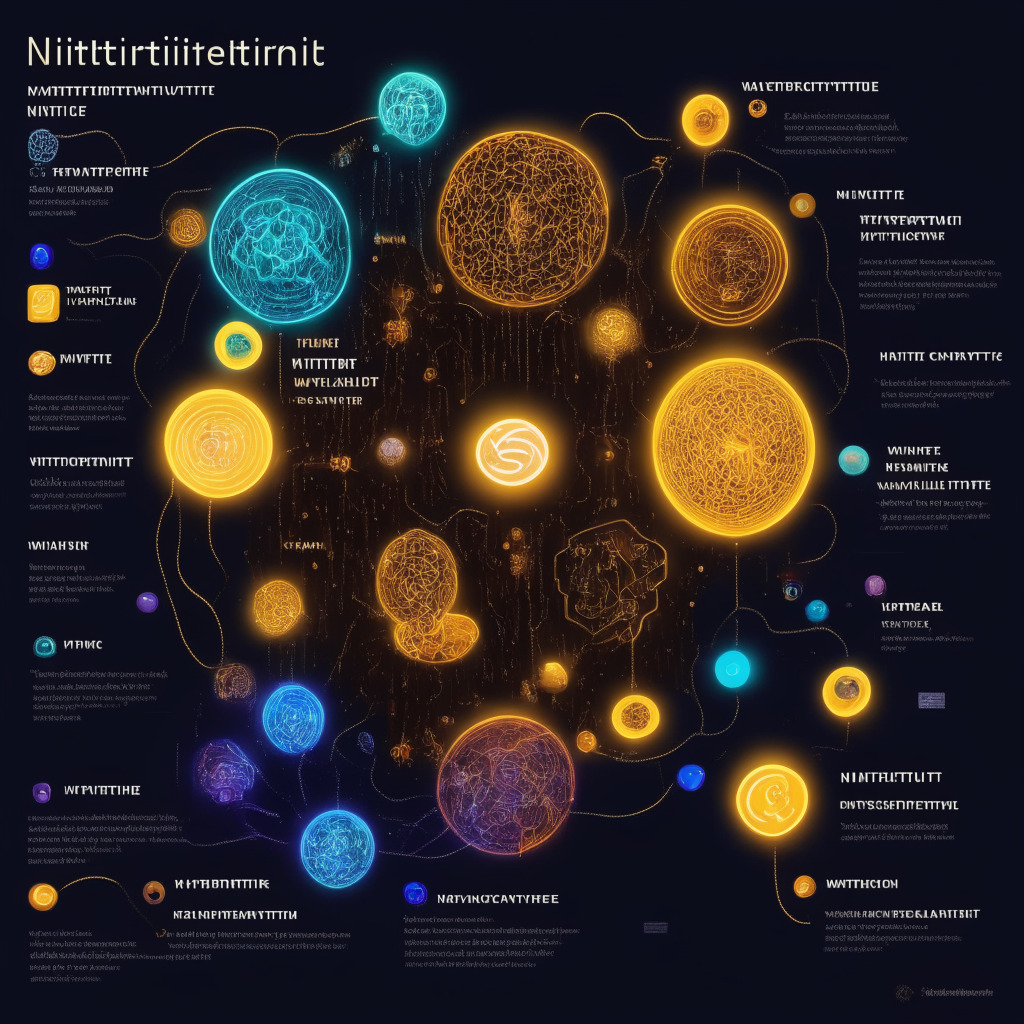French luxury fashion brand Louis Vuitton recently made headlines with the launch of a limited edition NFT collection called “Treasure Trunk,” priced at €39,000 ($41,693) each. With this move, the brand seeks to provide select customers with exclusive access to new products and experiences. However, unlike other NFT projects, Louis Vuitton has implemented strict rules that prohibit the resale of these digital assets, calling them “soul-bound collectibles.”
The growing popularity of branded NFT projects has led to an era of extravagant, high-priced digital artworks that unlock unique experiences both in the real world and online. However, with this new offering, Louis Vuitton sets itself apart by creating non-transferrable NFTs that encourage loyalty and discourage reselling. Buyers must be aware that once they purchase a Treasure Trunk, they cannot return it (except in EU countries where regulations allow for a 14-day return window).
Despite its unorthodox approach, Louis Vuitton’s NFT collection emphasizes the potential benefits of integrating digital assets with luxury products. Last year, LVMH CEO Bernard Arnault highlighted the positive impact of well-executed applications of the metaverse and NFTs on high-value items. By maintaining exclusivity and value in NFT offerings, the brand aims to strengthen customer loyalty and prevent the dilution of its luxury status.
However, some may argue that the inability to resell these digital assets detracts from the very essence of NFTs, which thrive on the concept of ownership and transferability. The restrictions imposed by Louis Vuitton raise the question of whether the company’s venture into the NFT space is a true embrace of the technology or merely another gimmick to maintain exclusivity.
In an industry where valuable digital assets change hands regularly, Louis Vuitton’s “soul-bound collectibles” represent a stark deviation from the norm. This unique approach might attract loyal customers looking to own exclusive items, but it could face criticism from those who believe it undermines the ethos of the NFT market.
With the rapid growth of NFTs as digital assets, it remains to be seen whether other luxury brands will follow Louis Vuitton’s path of non-transferable digital collectibles or continue embracing the fluid ownership dynamics that have come to define the NFT marketplace. As industry pioneers test different strategies and business models, the balance between exclusivity and transferability will likely continue to shift.
In conclusion, Louis Vuitton’s foray into the NFT space serves as yet another example of the ever-evolving relationship between luxury brands and emerging technologies. While the brand’s “soul-bound collectibles” present a unique approach to digital asset ownership, the long-term implications of such restrictions on the NFT market and consumer behavior remain uncertain.
Source: Blockworks




